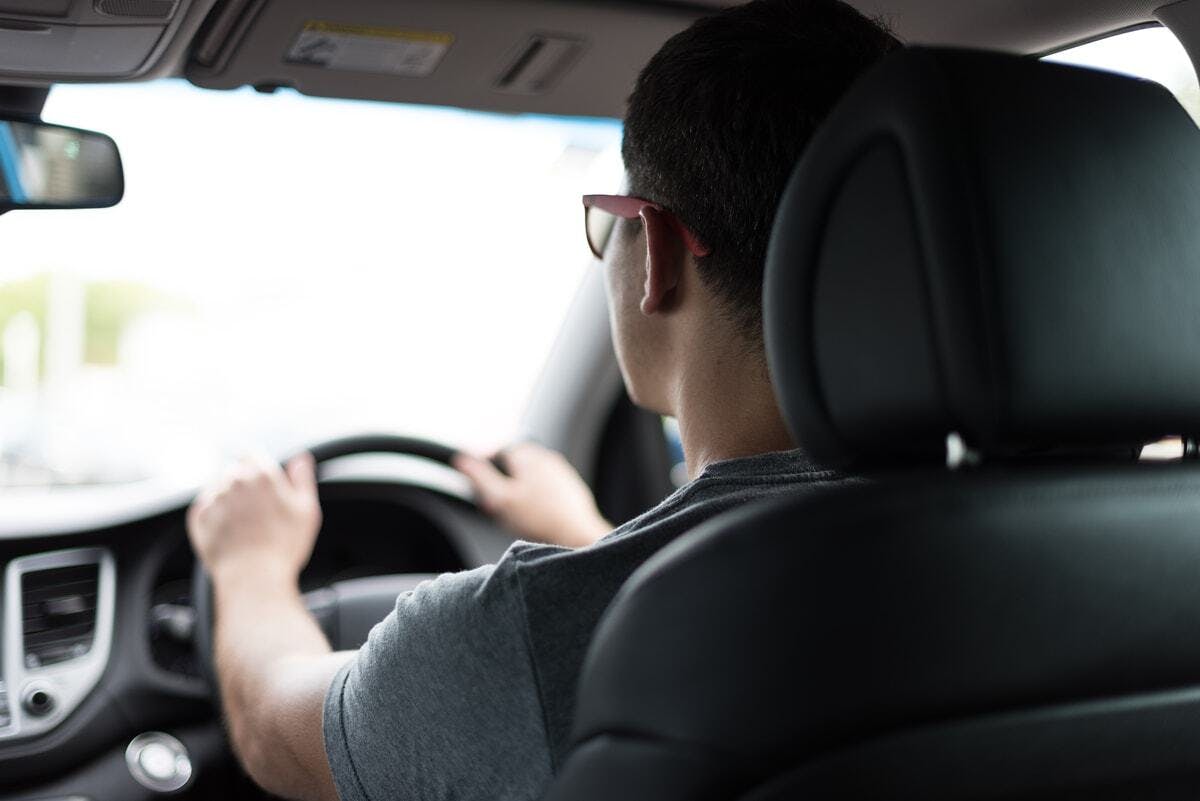Don't Text and Drive in Florida: Florida's Distracted Driving Law
Florida was one of the last states to enact a no-texting and driving lawIndex.cfm?App_mode=Display_Statute&URL=0300 0399 0316 Sections 0316.305.html Statutes, signed by Gov. Ron DeSantis in May 2019. From June to December 2019, officers were instructed to stop and warn drivers if they saw them texting on the road. Starting January 1, 2020, Florida drivers are subject to a $30 fine if they text and drive.
Data Illustrates Florida's Distracted Driving Crashes
In 2019, Florida had over 400,000 car crashesCrash Dashboard Traffic Crash Reports, leading to more than 254,000 injuries and 3,196 deaths. According to online insurance company EverQuote Inc., in 2017, Florida had the second-worst record of distracted driving out of all 50 states. The online app compiled data from 2.7 million vehicle trips to compare cell phone use while driving.
The study found that 92% of drivers across the U.S.Transportation Fl Reg Florida Second Most Distracted 20170412 Story.html Newsused their cell phones in a moving car during the prior 30 days. The report contributed to Florida's legislation to make texting and driving a primary offense. Florida's Department of Highway Safety and Motor Vehicles also reported that in 2016, 50,000 of the state's crashes involved distracted driving (including texting).
Florida Penalties for Texting and Driving
Florida's no texting and driving law provided a warning period up to January 1, 2020. After January 1, the state instituted a series of penalties for drivers violating the law.
The first time an officer catches a Florida driver texting and driving, they will be issued a $30 fine, but the citation won't go on their driving record.
Subsequent violations within a five-year period are classified as moving violations. The fine will be $60 to $100 and put three points on your driving record. Moving violation points stay on Florida drivers' license records for three years.
Risks of Texting and Driving in Florida
If you text and drive in Florida and an officer sees you, you might think that a $30 fine isn't much, especially if the violation won't go on your driving record. DriversEd.com's 2019 survey Trending 2019 Distracted Driving America Report Driversed.comdiscovered that 67% of people who responded said they'd texted while driving. AAA discovered similar results in its survey, which noted that almost half of drivers2018 03 Distraction Tops Drivers List Growing Dangers Road Newsroom.aaa.com had seen other drivers texting or emailing while on the road. Another AAA study found that texting behind the wheel made drivers eight times more likely to be involved in an accident.
Florida's laws regarding auto accidents are complex. If injuries are involved in a crash, the concept of "comparative negligence" can reduce car accident claim awards by the percentage a driver is found to be responsible. If a Florida driver is texting and has an accident, they could be found 95% responsible for the crash. They might receive a claim award to pay for the damage to their vehicle or others involved, but the award would be reduced by 95%.
Don't Text and Drive in Florida
The important takeaway about texting and driving in Florida isn't the $30 fine, although subsequent incidents will cost more and go on your driving record. As retired Florida fire and rescue officer and explosives expert Paul R. Laska said, "If you're lucky, texting and driving in Florida will get you a costly citation. If you're unlucky, it will get you buried."
Teens are considered highly at-risk for distracted driving, including texting and driving. Teens can learn driving rules and more through DriversEd.com's Florida Learners Permit courseFlorida Learners Permit.aspx Driversed.com. Find the information you need to drive safely in Florida through DriversEd.com's Florida licensing resource portalDmv Florida Driversed.com.
Get Started with your Online Drivers Ed Course Today

What are California's New Distracted Driving Laws?
The state of California has distracted driving laws to show you what you can and can’t do with your cell phone in the car.

Hot Summer Driving Safety Tips for Teens
Summer can be a dangerous time for teen drivers. But with these three summer driving safety tips for teens, you can have a safe and happy summer.

Florida Texting and Driving Laws: A Parent's Guide
Learn how Florida’s texting and driving laws impact your teen driver. Get clear on penalties, school zone rules, and how to set safe driving habits from day one—with tools for parents to lead by example.
Looking for more driving resources?
Enter your email for deals, study materials, car maintenance tips, insurance savings, and more.
© 1997-2026 DriversEd.com. All rights reserved. Please see our privacy policy for more details.






